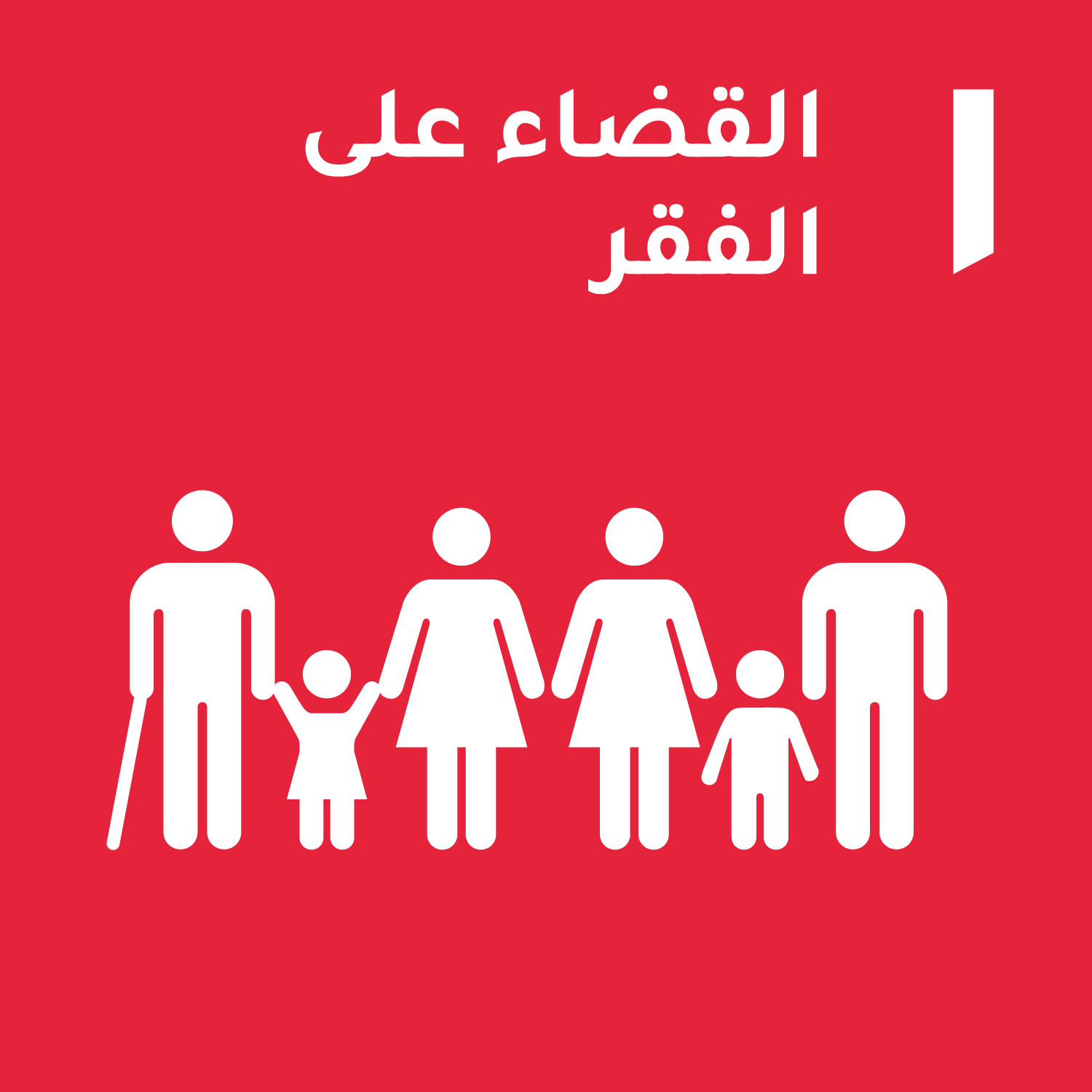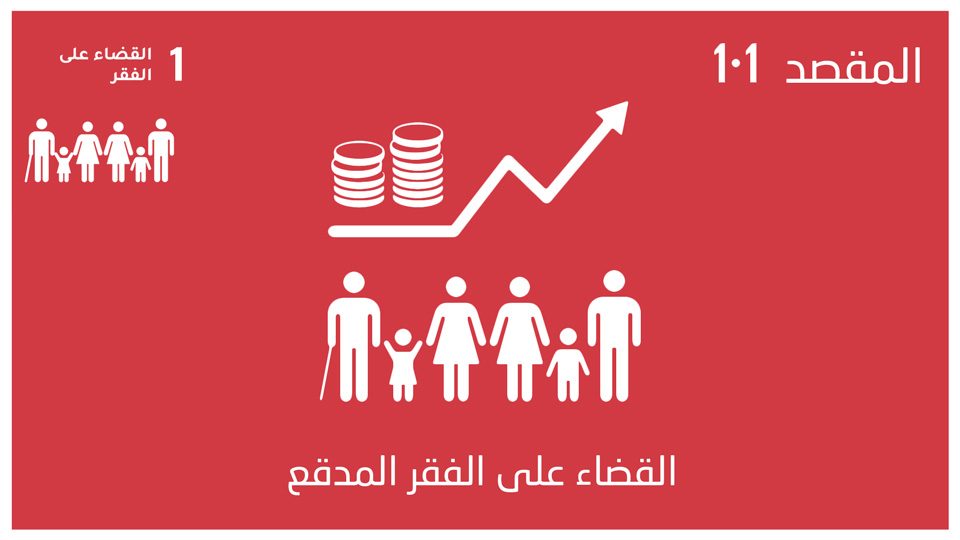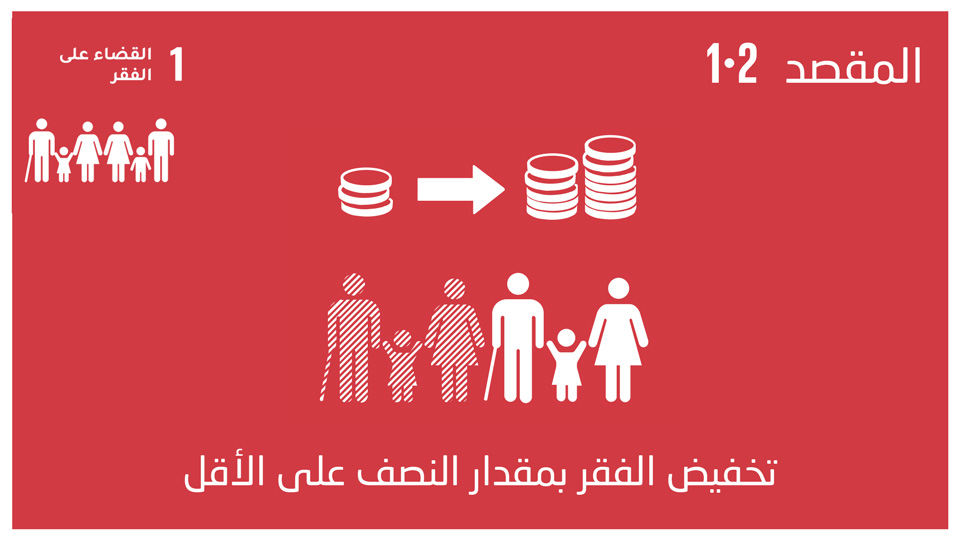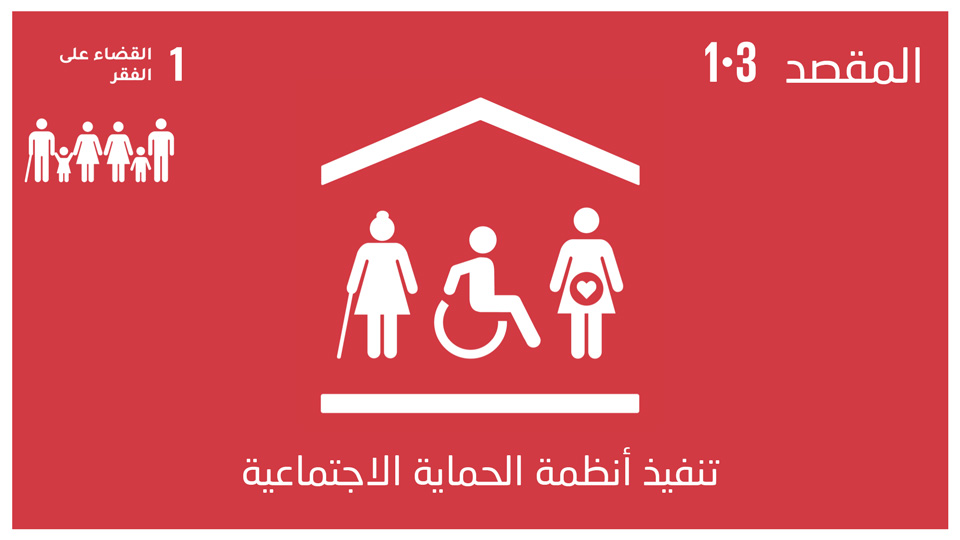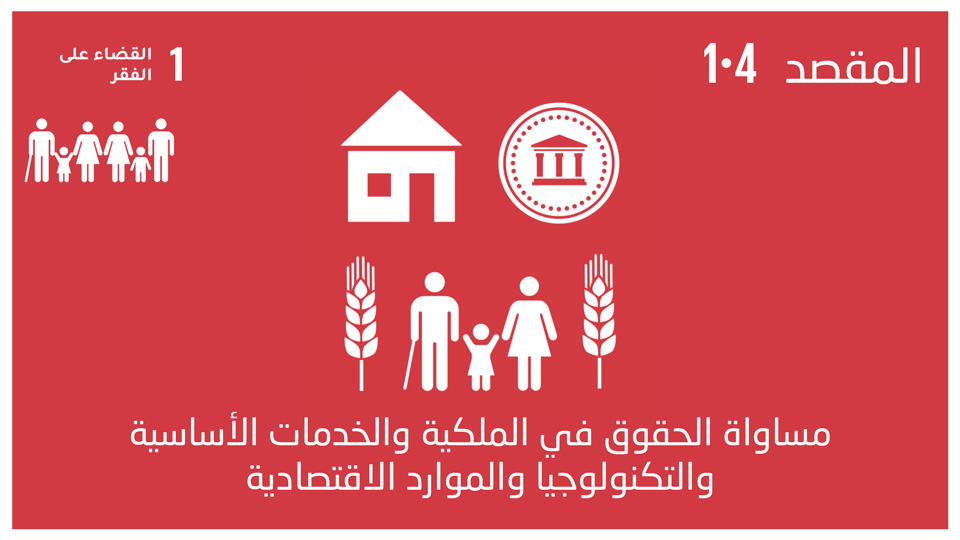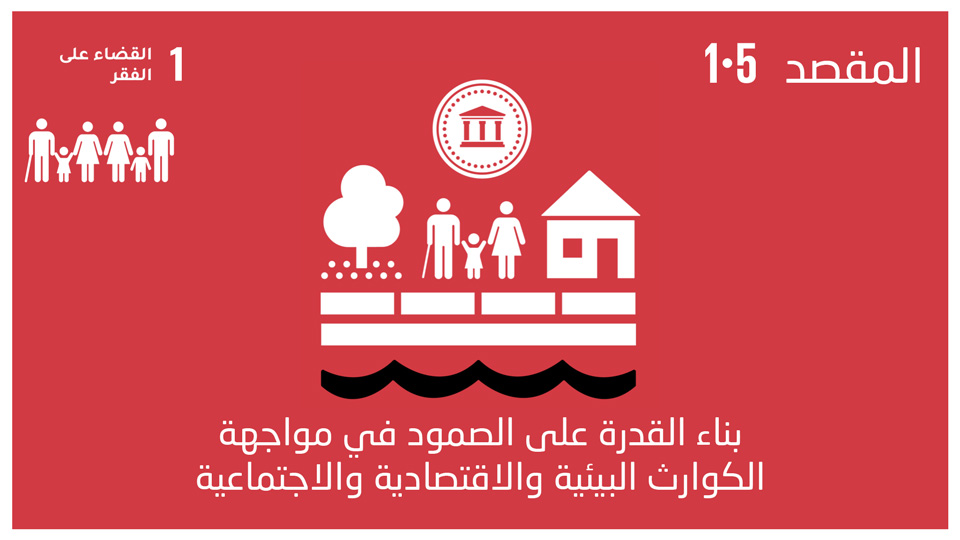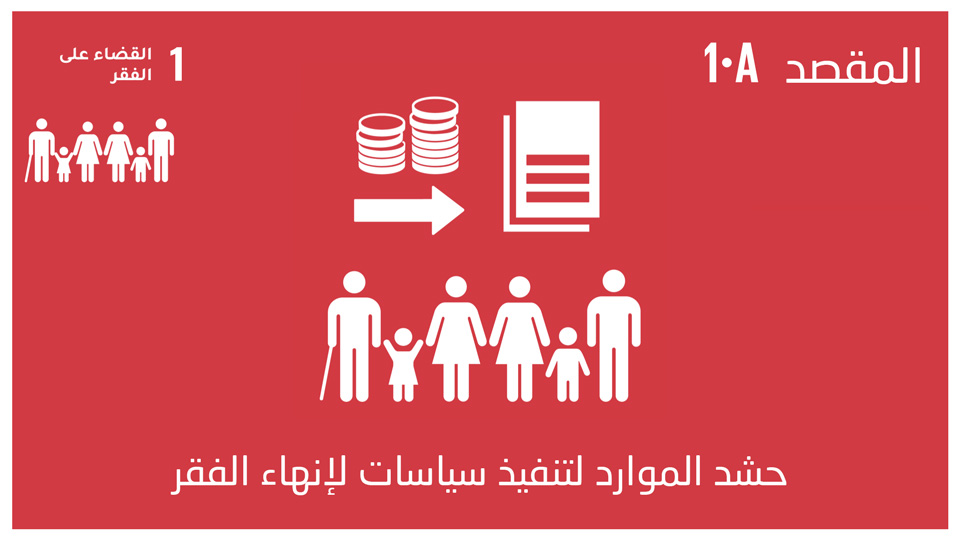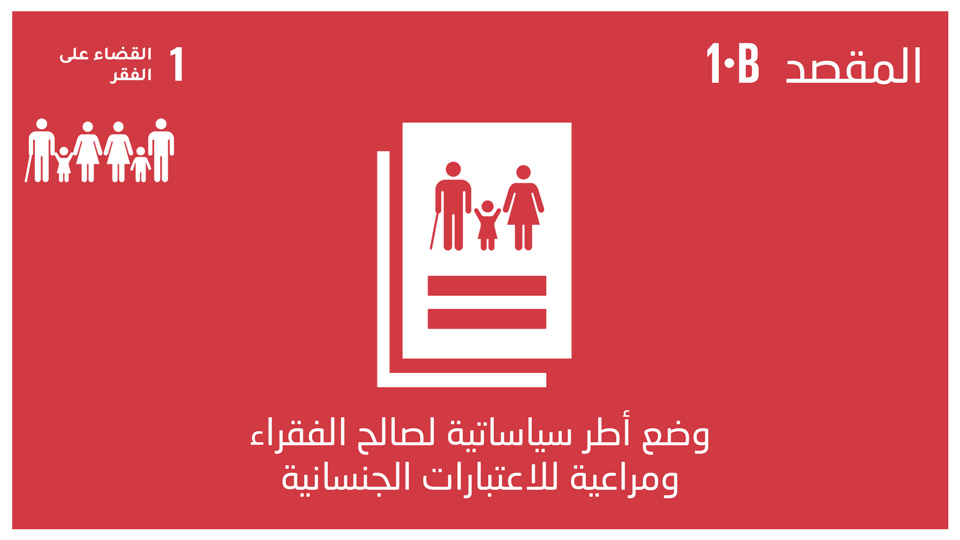The residents of the village of Banja in the Tahta center suffer from a weak economic level and lack of income, which negatively affects the standard of living. This situation is accompanied by a decline in population characteristics and low awareness, especially health care. Children are most affected, and malnutrition diseases spread among them. Since the village of Banja is characterized by active livestock raising, the number of livestock heads is estimated at 1,200 heads of buffalo and cows, and the number of owners is estimated at 1,000 families (approximately 5,000 individuals), so who will By working with livestock, all family members are involved, but with traditional methods, so the breeder is exposed to heavy losses without realizing it.
The project seeks to train livestock production owners with information on the skills of dealing with livestock and how to invest in them better. This is done by raising awareness among breeders in managing the small farm in terms of feeding, sheltering the animal, preventing diseases, giving it dairy processing skills, and helping it buy production inputs at lower prices and sell its products at better prices while improving their quality and increasing Quantities
The direct target group of the project
The project targets all family members who own livestock in the fattening activity, where awareness is raised about fattening cycles, economic weights, nutrition, housing, veterinary care, and purchasing with better specifications and prices. We target women in milking and dairy processing activities, where awareness is raised. Reproduction, nutrition, housing, and veterinary care milk animal specifications and purchasing with better specifications and prices
The indirect target group of the project
- The project targets all residents of the village of Benja whether producer or consumer, as we provide them with a high-quality product
- We also target the workers of the Agricultural Society and the Veterinary Unit to seek their assistance to provide tools and materials for work and train and raise the capabilities of the team. Work.
- And also the dairy and fodder merchants in the village for their support of the project and exchanging experiences with them in terms of the idea of trading and preserving milk, as well as
- Family consumers of milk and its products to train them on the proper methods of boiling milk and eliminating unhealthy methods, through an introductory meeting about the project carried out in the village.
